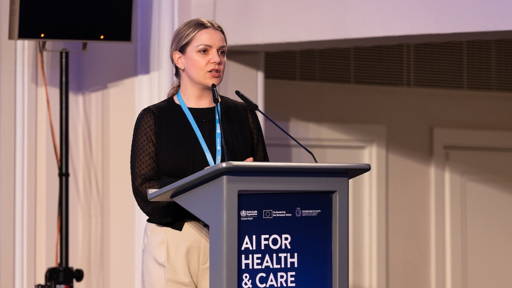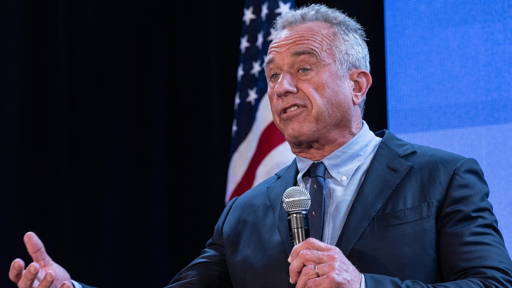The US government has announced an ambitious digital healthcare programme. The aim of the programme is to streamline the exchange of medical data between healthcare providers, patients and technology companies. With the support of more than 60 organisations, including Big Tech players such as Google, Apple and Amazon, the initiative aims to accelerate digital access to health data, with applications in the field of chronic conditions such as diabetes and obesity. This is an important step towards the goal of giving patients more insight into and control over their own health data.
Central to the announced programme is an infrastructure that enables medical records to be shared securely and directly via apps and digital platforms. Think of applications that help patients keep track of their medication, schedule appointments or gain insight into their health behaviour via data from wearables or apps. The initiative is part of the broader wave of digitisation in healthcare, which focuses on data-driven applications and personalised care.
Control for the patient
According to Dr. Mehmet Oz, director of the Centers for Medicare and Medicaid Services (CMS), this project makes it easier for patients to manage their own medical records without cumbersome manual procedures such as faxing. This also improves interoperability between systems, which is a well-known bottleneck in the American healthcare system. CMS already has a wealth of information on more than 140 million Americans enrolled in Medicare and Medicaid.
In the Netherlands and Europe, sharing and accessing medical data, giving patients more control, has also been an important topic for years. This is emphasised by initiatives such as the personal health environment (PGO) in the Netherlands and the European Health Data Space (EHDS). Healthcare institutions and professionals have been advocating for many years for uniform access to medical data for both patients and doctors and other healthcare professionals.
Practical applications for patients and professionals
One of the parties participating in the programme is Noom. This is a popular digital service for lifestyle intervention. With access to medical test results, the app provides users with personalised advice on weight loss, supported by AI analysis. Doctors from institutions such as the Cleveland Clinic have also indicated that they see significant benefits in the programme that has now been announced. They argue that better access to patient data can help reduce delays in starting treatment. It will also improve the quality of decisions.
‘Apps give doctors valuable insight into what is happening outside the consulting room. This is particularly relevant in the treatment of lifestyle-related conditions,’ said Dr Tomislav Mihaljevic, CEO of Cleveland Clinic.
Critical comments on privacy and governance
At the same time, the American initiative raises questions about privacy and data security. Although participation is voluntary and data exchange only takes place with the patient's explicit consent, there is still cause for concern. Experts such as Lawrence Gostin, professor of health law, warn of the risk that sensitive medical information, such as data on mental health or addiction, could fall into the wrong hands.
The role that commercial technology companies play (or will play) in the management of health data is also under scrutiny. Jeffrey Chester of the Centre for Digital Democracy points out that federal regulations for health apps and telehealth services are still lagging behind, which increases the risks of data being used for commercial purposes.
In addition, legal and privacy issues surrounding existing legislation such as HIPAA remain largely unanswered, reports the NYT. In particular, the use of commercial apps, which are not always covered by these regulations, raises questions about data security. Critics point out that previous initiatives in this area have been largely unsuccessful and that concrete frameworks for data integrity and user control are lacking.
Call for transparency and participation
Although the programme can promote technological progress and better access to care, it remains crucial to ensure transparency, ethics and patient involvement. For example, it must be clear who has access to which data, how it is used, and how patients retain control over their medical information.
With the integration of wearable technology, AI and personalised health apps, the initiative makes the potential of connected care tangible. Its success depends on trust, privacy protection and clear frameworks for data use.







